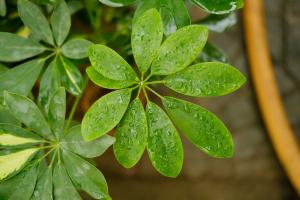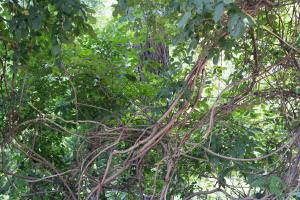Is Human Faeces Good for Plants?
Human faeces, also known as human waste or human excreta, is a controversial topic when it comes to using it as a fertilizer for plants. On one hand, it contains nutrients that plants need to grow, but on the other hand, it also contains harmful pathogens that can be harmful to human health if not treated properly. In this article, we will discuss the benefits and risks associated with using human faeces as a plant fertilizer.
The Benefits of Using Human Faeces as a Plant Fertilizer
Human faeces is rich in essential nutrients that are beneficial to plant growth. It contains nitrogen, phosphorus, and potassium, which are the primary macronutrients required by plants. In addition, it also contains other micronutrients such as calcium, magnesium, and sulfur, which are necessary for healthy plant growth. The use of human faeces as a fertilizer is also eco-friendly as it reduces waste and provides an alternative to chemical fertilizers that can be damaging to the environment.
The Risks of Using Human Faeces as a Plant Fertilizer
One of the biggest risks associated with using human faeces as a plant fertilizer is the presence of harmful pathogens. Human faeces can contain bacteria, viruses, and parasites that can cause serious illnesses such as cholera, hepatitis A, and typhoid fever. These pathogens can also contaminate water sources and soil, which can lead to the spread of disease. Therefore, it is crucial to properly treat human faeces before using it as a fertilizer.
Treating Human Faeces for Use as a Plant Fertilizer
There are several methods for treating human faeces before using it as a fertilizer. One of the most common methods is composting. Composting is a natural process that involves breaking down organic matter into a nutrient-rich soil amendment. It is essential to compost human faeces properly to ensure that harmful pathogens are eliminated. The composting process should reach a temperature of at least 122 degrees Fahrenheit for several days to kill any harmful pathogens. Another method for treating human faeces is using a toilet system that separates solids from liquids. This allows the solids to be composted separately, ensuring that they are treated properly before use as a fertilizer.
Conclusion
In conclusion, human faeces can be a valuable source of nutrients for plants when treated correctly. However, the risks associated with using human faeces as a fertilizer should not be ignored. It is important to use proper treatment methods to eliminate harmful pathogens and ensure that the soil and water sources are not contaminated. With proper treatment, human faeces can be an eco-friendly and cost-effective alternative to chemical fertilizers.

 how many times do yo...
how many times do yo... how many planted tre...
how many planted tre... how many pine trees ...
how many pine trees ... how many pecan trees...
how many pecan trees... how many plants comp...
how many plants comp... how many plants can ...
how many plants can ... how many plants and ...
how many plants and ... how many pepper plan...
how many pepper plan...





























